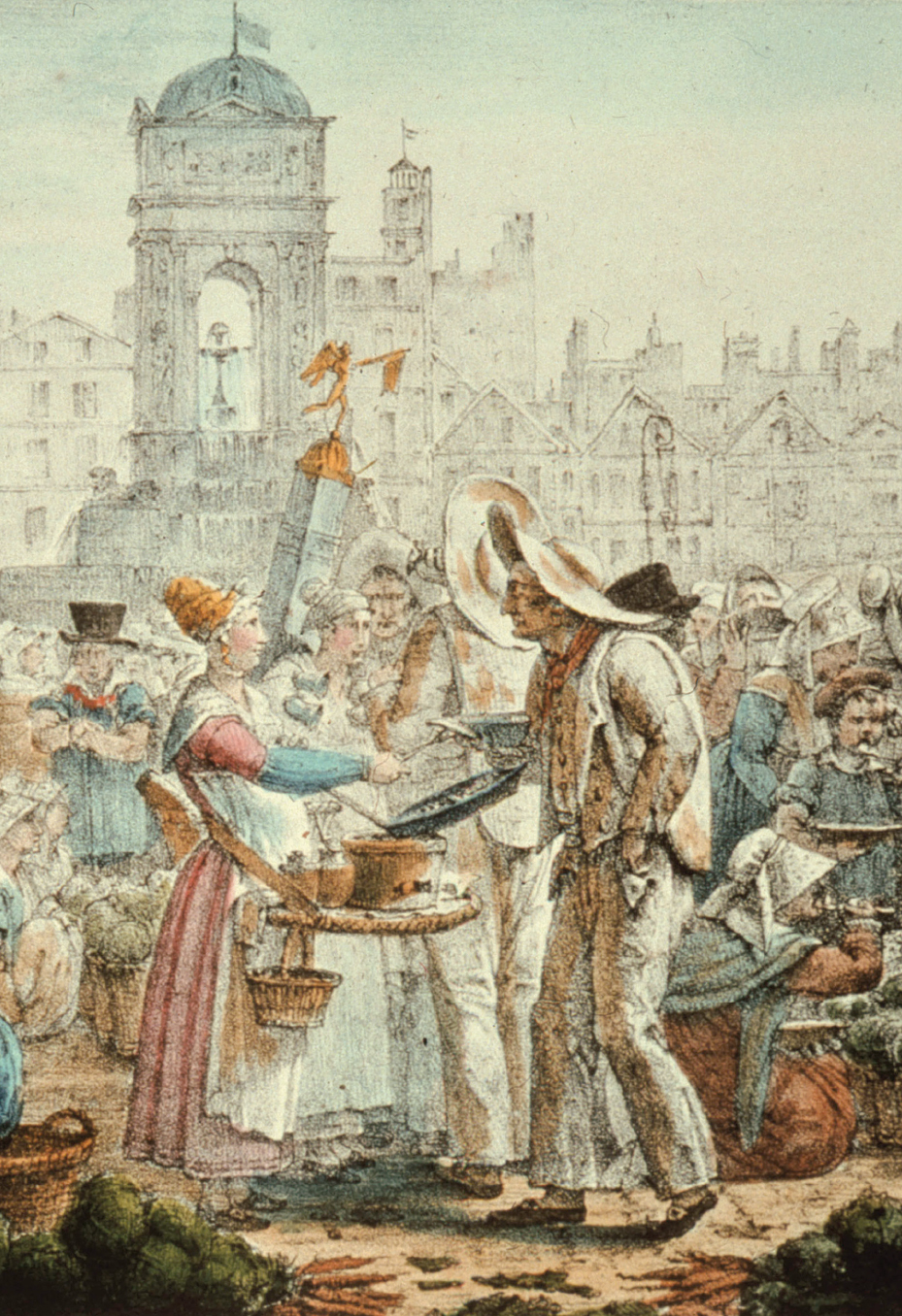Understanding Western Society
Printed Page 546
Introduction for Chapter 18
18
LIFE IN THE ERA OF EXPANSION
1650–1800
>How and why did daily life in Europe change in the eighteenth century? Chapter 18 examines everyday life in the era of expansion. The discussion of agriculture and industry in the last chapter showed the common people at work, straining to make ends meet within the larger context of population growth, gradual economic expansion, and ferocious political competition at home and overseas. This chapter shows us how that world of work was embedded in a rich complex of family organization, community practices, everyday experiences, and collective attitudes. As with the economy, traditional habits and practices of daily life changed considerably over the eighteenth century. Change was particularly dramatic in the growing cities of northwestern Europe, where traditional social controls were undermined by the anonymity and increased social interaction of the urban setting.
LearningCurve
After reading the chapter, use LearningCurve to retain what you’ve read.

> CHAPTER CHRONOLOGY
| 1684 | 1762 |
| – Jean- |
– Jean- |
| 1717 | 1763 |
| – Elementary school attendance mandatory in Prussia | – Louis XV orders Jesuits out of France |
| 1750– |
1774 |
| – John Wesley preaches revival in England | – Elementary school attendance mandatory in Austria |
| 1750– |
1776 |
| – Illegitimacy explosion | – Thomas Paine publishes Common Sense |
| 1757 | 1796 |
| – Madame du Coudray publishes Manual on the Art of Childbirth | – Edward Jenner performs first smallpox vaccination |